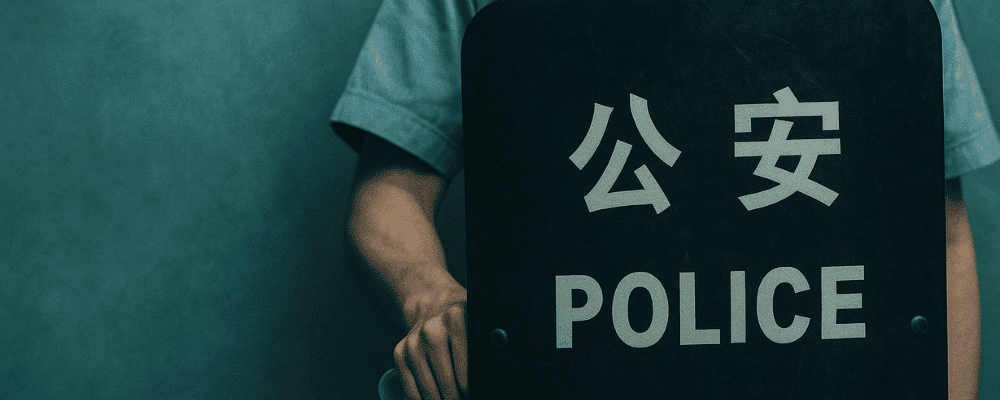
China Detains Dozens of Gay Erotic Fiction Writers in Widening Crackdown
Beijing, June 27 2025 — Chinese authorities have detained dozens of writers—primarily women—for publishing gay erotic fiction online, in what human rights groups are calling one of the most aggressive crackdowns on queer-adjacent media in recent years.
The targeted genre, known as danmei (or “boys’ love”), features romantic and often sexually explicit stories between male characters. While wildly popular with female readers, the genre has long been in the government’s crosshairs. This latest wave of arrests reportedly began in early 2025 and spans multiple provinces, with police from Anhui summoning writers from cities as far as Gansu, Beijing, and Sichuan.
Most of the detained authors had published their work on Haitang Literature, a Taiwan-based platform that monetizes content through subscriptions and reader tips. Authorities claim these works violate China’s 2010 digital obscenity law, which criminalizes online pornographic material if it generates more than 5,000 yuan or 5,000 views. Some authors may now face hefty fines and prison sentences.
One 26-year-old woman from Gansu described receiving a notice from police and boarding a plane for the first time in her life to comply. “I thought I was writing my future,” she reportedly said on social media. “But I didn’t realize that future pointed to prison.”
The campaign reflects a broader effort by the Chinese government to tighten its control over digital culture, especially media that diverges from state-approved gender norms. Although homosexuality is legal in China, queer themes are often censored under vague morality or pornography laws. Observers believe the crackdown is about more than just obscenity—it’s a strategic attempt to curb youth interest in LGBTQ+ topics amid China’s ongoing “cultural purification” efforts.
Critics also highlight the class and gender implications. Many danmei authors are young women from rural or underprivileged backgrounds, for whom writing offered rare financial and creative independence. Their arrest sends a chilling message to marginalized creators—and to queer communities who find representation in these stories.
This marks the most sweeping action against danmei authors since the sentencing of popular writer Tianyi in 2018, who received 10 years in prison for publishing a gay erotic novel. Fans and free speech advocates warn the crackdown may permanently silence one of the few spaces where queer narratives have flourished in modern China.

Leave your comment